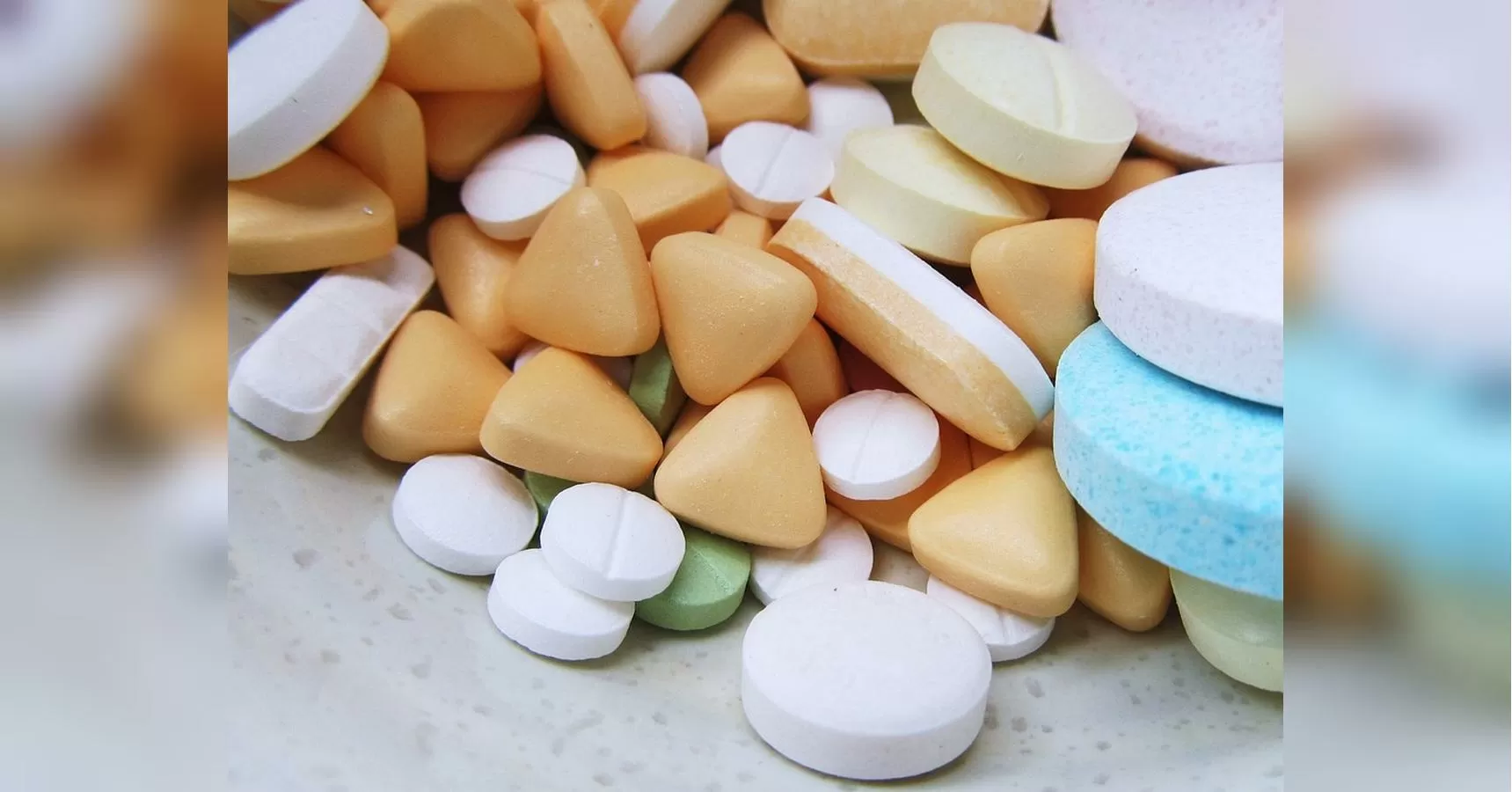Starting from 2025, all pharmacies will be required to dispense medications under the new government program. This means that patients will have easier access to affordable and high-quality medicines, regardless of their location or financial situation.
The program, known as the Universal Medication Access (UMA), was recently announced by the government as part of their efforts to improve the healthcare system and make it more inclusive. Under this program, all pharmacies in the country will be required to stock and dispense a list of essential medicines at affordable prices.
This is a significant step towards ensuring that every citizen has access to the medications they need. Currently, many people struggle to afford essential medicines, especially those living in rural or remote areas where pharmacies are scarce. This often leads to delayed or inadequate treatment, which can have serious consequences for their health.
With the implementation of UMA, patients will no longer have to worry about the availability or affordability of their medications. The list of essential medicines under this program includes a wide range of drugs for various health conditions, such as diabetes, hypertension, and asthma. These medicines have been carefully selected based on their effectiveness, safety, and cost-effectiveness.
Moreover, the government has also taken steps to ensure that the quality of these medicines is not compromised. All medications under the UMA program will undergo strict quality control measures to ensure that they meet the required standards. This will give patients peace of mind knowing that the medicines they are taking are safe and effective.
The UMA program will also benefit pharmacies, especially those in rural or remote areas. By requiring all pharmacies to stock essential medicines, the program will help to increase their customer base and improve their financial stability. This, in turn, will enable them to provide better services to their communities.
In addition to improving access to essential medicines, the UMA program will also help to reduce the burden on the healthcare system. With easier access to affordable medications, patients will be less likely to delay or skip their treatment, which can lead to more serious health issues. This will ultimately result in fewer hospitalizations and lower healthcare costs for both the government and patients.
The UMA program has received widespread support from healthcare professionals, patient advocacy groups, and the general public. Many see it as a much-needed step towards a more equitable healthcare system. It is also in line with the government’s goal of achieving universal healthcare for all citizens.
Some critics have raised concerns about the potential impact of the UMA program on the profits of pharmaceutical companies. However, the government has assured that the prices of medications under this program will be set in a way that is fair for both patients and pharmaceutical companies. This will ensure that patients can access affordable medicines while also allowing companies to continue their research and development efforts.
In conclusion, the implementation of the Universal Medication Access program in 2025 is a significant milestone towards achieving a more inclusive and equitable healthcare system. It will provide easier access to essential medicines for all citizens, regardless of their location or financial status. This program has the potential to improve the overall health of the population and reduce the burden on the healthcare system. Let us look forward to a healthier and more accessible future for all.

